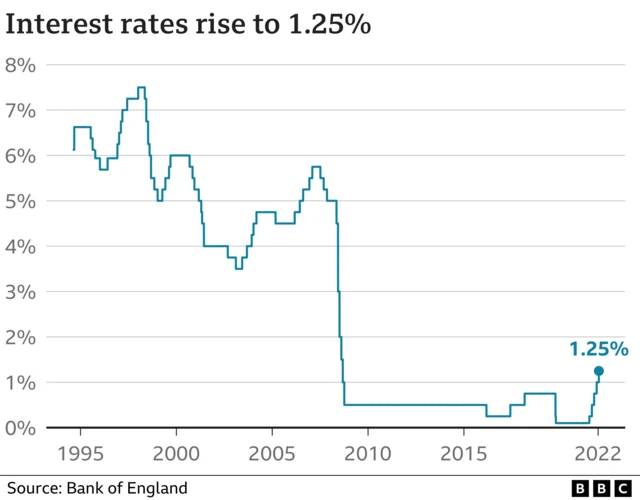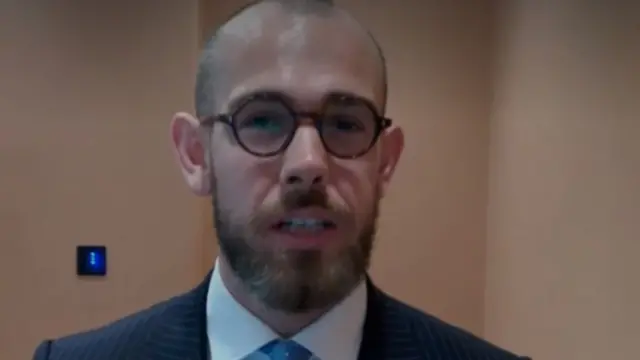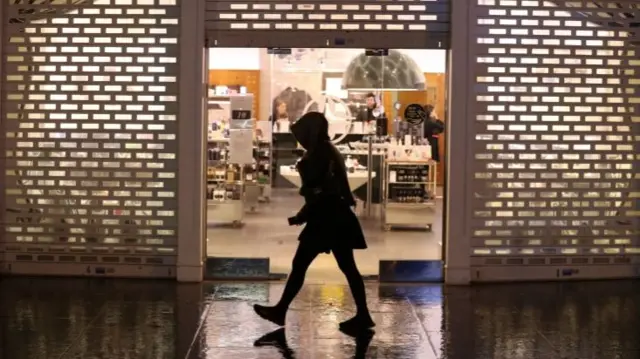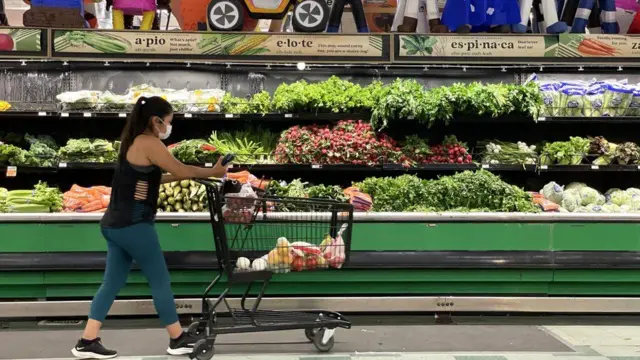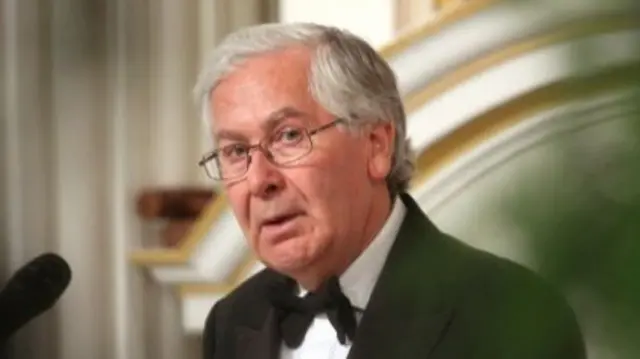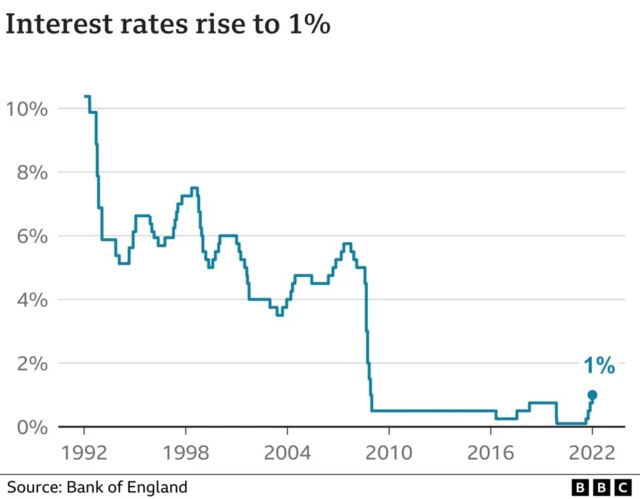Thanks for joining uspublished at 13:17 BST 16 June 2022
That's it for our live coverage of this month's interest rates announcement. Thanks for joining us.
The live page writers were Rob Corp, Claire Heald, Catherine Evans and Heather Sharp.
There'll be further updates and reaction in our news story here. Or if you need to know a bit more, check out our explainer - what are interest rates and how high could they go?.
